Premium Only Content
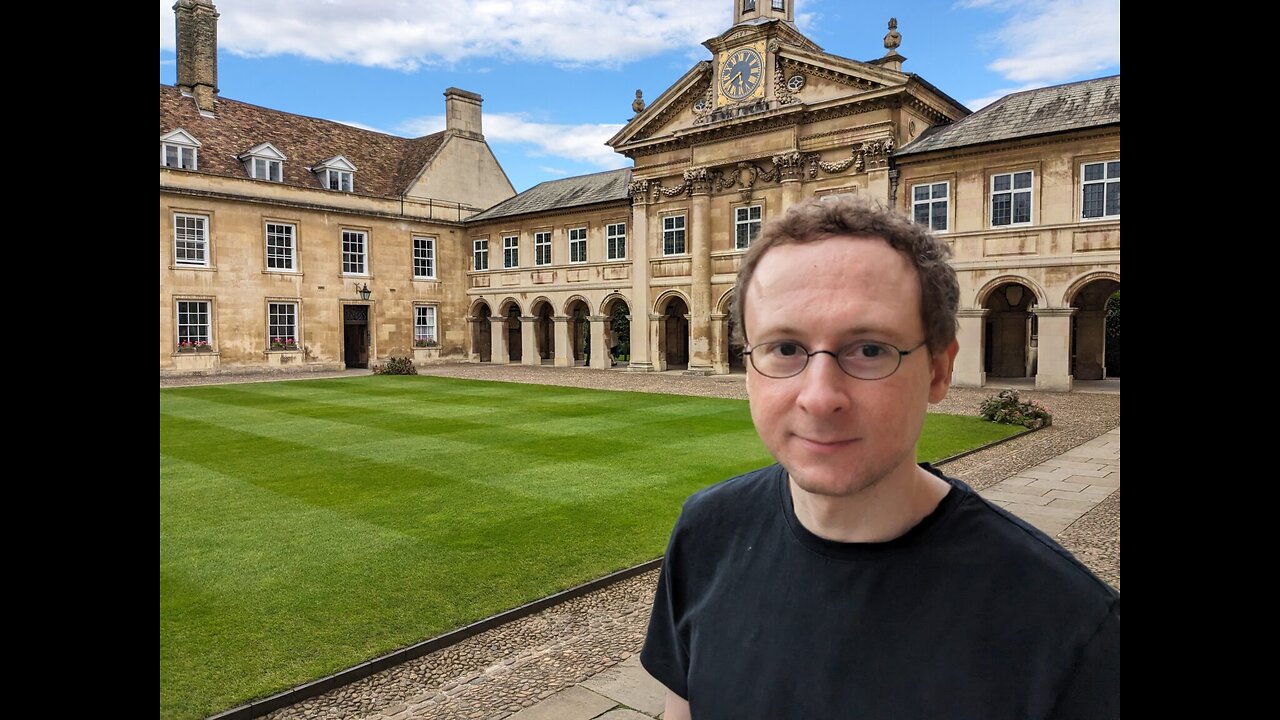
Controversy at @CambridgeUni: Nathan Cofnas Faces Expulsion for Challenging Ideas
In a landscape where scientific inquiry meets societal norms, Nathan Cofnas stands at a controversial crossroad. His examination of genetics and intelligence sparks a vital conversation on the inherent tensions between scientific discoveries and societal values. Cofnas, a philosopher at Oxford, navigates the precarious balance between freedom of speech and academic orthodoxy. His discourse, rooted in the principles of evolutionary biology, probes deep into what constitutes our moral fabric. “Morality is the alleged fact that you ought to do something or you ought not to do something,” Cofnas begins, challenging the universality of moral imperatives. He suggests that what we consider moral truths might merely be evolutionary adaptations—biological functions serving adaptive purposes.
"Is morality just a figment of our imagination? Just a biological function that serves some adaptive purpose?" Cofnas posits, pushing the envelope on how we understand the foundation of human ethics. This line of questioning leads him into the tangled interplay of genetics and societal structures, where he boldly addresses the differences in intelligence test scores among various populations. “Different populations have different distributions of scores on intelligence tests,” he states, a fact that ignites debates across academic and social spheres.
Cofnas doesn’t shy away from the implications of these differences. “A very substantial part of these differences, at least in the American context, could be due to genetic differences,” he asserts, drawing a line directly connecting genetics to cognitive abilities. This acknowledgment is not intended to stigmatize or elevate one group over another but to highlight a fundamental aspect of human diversity.
The cultural impact, Cofnas argues, is also shaped by genetics. “The culture is itself influenced by the genetic potential of the population, the genetic dispositions of the population,” he explains, suggesting that cultural formations are not merely social constructs but are underpinned by biological realities.
In tackling the sensitive issue of hereditarianism, Cofnas clarifies, “Hereditarianism doesn't mean that all populations have a special connection between skin color and intelligence.” This statement seeks to dissociate race from inherent intelligence, focusing instead on broader genetic variances that might influence cognitive traits without making deterministic claims based on race.
The fluidity of morality and its evolutionary roots lead Cofnas to a striking conclusion about the nature of moral systems. “There is no truth about morality, and as conditions change, people's values can change,” he remarks, driving home the notion that moral structures are susceptible to shifts in societal conditions. This fluidity culminates in his assertion that “The fact that there is no objective truth about morality means that any moral system could potentially be overturned.”
Through his exploration, Cofnas exemplifies the role of a thinker unafraid to traverse the minefield of controversial topics. His engagement with Harvard’s study on racial admissions underscores the complexity of integrating genetic understanding into social policies. He uses this data not as a cudgel but as a lens to scrutinize how institutions handle diversity and meritocracy.
Cofnas’s narrative is compelling, not just for its intellectual bravery but for its capacity to invite us to reconsider the foundations upon which we build our understanding of human potential. His work is a call to the intellectual world to remain open to hypotheses that challenge conventional wisdom, fostering a scientific and cultural environment where inquiry is not stifled by orthodoxy.
In a society quick to silence dissent, Nathan Cofnas’s voice is an essential beacon in the ongoing debate about freedom of expression, scientific truth, and the diverse tapestry of human capability. His insights encourage a more nuanced appreciation of humanity, pushing us to think critically about the genetic and cultural factors that shape our world.
-
 2:38:54
2:38:54
TimcastIRL
11 hours agoElon Secret Child Scandal ERUPTS, Ashley St. Clair Story Goes Viral w/Bethany Mandel | Timcast IRL
181K114 -
 2:04:52
2:04:52
Kim Iversen
14 hours agoElon's Pumping Out Babies Like They're Tesla Model 3's | EU Panics Over Peace Talks, Wants More War
168K159 -
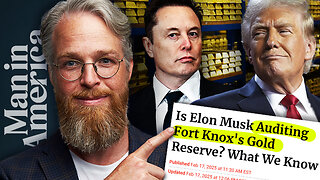 1:05:35
1:05:35
Man in America
16 hours agoFort Knox & Trump’s Secret Gold Move—The Financial Reset NO ONE Is Ready For?
119K131 -
 2:21:20
2:21:20
Robert Gouveia
13 hours agoTrump Goes to SCOTUS! Judge CAVES on DOGE? Fani Willis Not Happy!
127K32 -
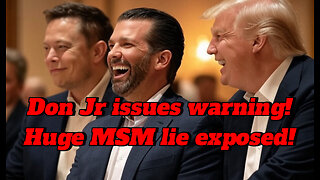 20:41
20:41
Stephen Gardner
13 hours ago🔥You Won't BELIEVE What JUST Happened To Don Trump Jr.!!
134K213 -
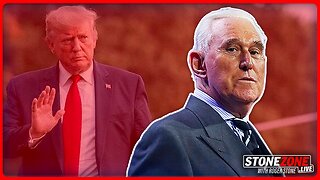 58:00
58:00
The StoneZONE with Roger Stone
11 hours agoEuropean Leaders Resist Trump Peace Overtures To Their Own Demise | The StoneZONE w/ Roger Stone
95.8K12 -
 9:29
9:29
AlaskanBallistics
13 hours ago $12.11 earnedWyoming Suppressors and Rifles at Shot Show 2025
113K6 -
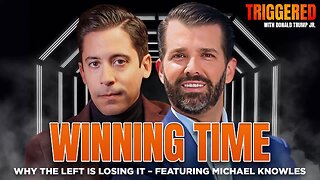 1:06:40
1:06:40
Donald Trump Jr.
17 hours agoThe Left is Taking one L After Another, Live with Michael Knowles | Triggered Ep. 217
201K151 -
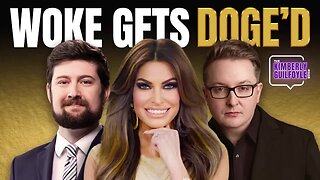 47:17
47:17
Kimberly Guilfoyle
17 hours agoWoke Gets DOGE’d, Live with AJ Rice & Jarrett Stepman | Ep. 197
145K44 -
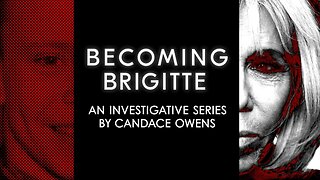 20:11
20:11
Candace Show Podcast
15 hours agoBecoming Brigitte: Candace Owens x Xavier Poussard | Ep 6
218K375